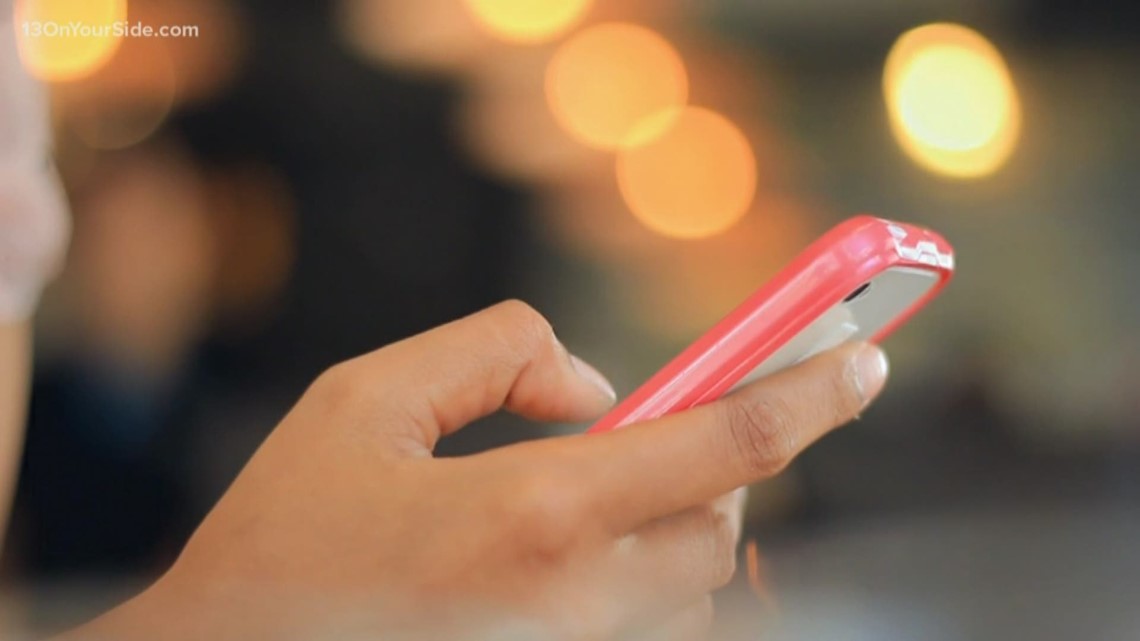Northern Hills Middle School Principal David Simpson said students are encouraged to connect with others and be present.
FOREST HILLS, Mich. — The conversation of banning phones in the classroom is nothing new for Forest Hills Schools.
Since 2018, a cell phone ban has been in place after school leaders noticed something concerning: An increase in student hospitalization for mental illness.
“It was alarming. I mean, these are our young people, our 12, 13, 14-year-olds,” Northern Hills Middle School Principal David Simpson said. “What we found is, by removing cell phones, we changed that data point. We had less hospitalizations, less inpatient treatments here at Northern Hills and that data showed throughout our district.”
Be present: That’s what Simpson says is helping his students. Turn off the phones and connect with others.
“Kids, oftentimes, may choose to isolate with their device in their room,” Simpson said. “We know isolation leads to disconnection and the number one antidote to mental health is connection. By having cell phones out of our school, we provide a space that does that.”
However, some students and parents are concerned about their communication with students throughout the school day.
Simpson says he understands concerns, especially if there is an emergency, but that does not waive his support for cell phone bans.
“I’ll tell a parent during those times of conversations that your child having a cell phone will not keep them safer or less safe in an emergency,” he said. “And probably actually might keep less safe. What we want is we want our children to focus on the trusted adults in our school during an emergency. And I can tell you this as a dad myself, if something were to happen, I’d want to be able to hug my child at the end of the day, and that’s why I promise to our families, is that we’re going to do everything possible, so no matter everything possible. So no matter what happens, you get to go home and hug your child.”
At first, Simpson was hesitant about not integrating modern technology into classroom activities. Now, he believes the fewer screens, the better.
“We’ve shifted,” he said. “Even though we have those devices, we’ve shifted away from trying to do as much online to more offline. Because again, I think parents see that we go out to dinner. If you look around, you’ll often see a family of four, with all four people sitting on their devices at a table. We’re trying to give our kids a break. Science shows that our kids’ brains can be rewired to really have those conversations and be collaborative and impactful in person.”

